Professor Darren Lilleker writes about his latest research, identifying how political leaders spread misinformation and disinformation…
The flow of misinformation is a blight on societies. It leads to mistrust of facts, media, institutions. This is particularly the case with disinformation. Misinformation covers out of date facts and material shared which may be misleading but not with a deliberate intention to misinform.
Disinformation is spread strategically to further the objectives of an individual or organisation, often for political purposes. An analysis of literature found increased interest in studying mis/disinformation 2019-21, with a perhaps natural focus on health communication. One good thing that emerged from the Covid-19 pandemic was increased concern about the quality and veracity of information circulating within society. The concerns raised led to greater focus on how disinformation spreads within mainstream media and not just how it is used by extremist political groups or during election campaigns but more widely within political discourse.
A small project examining how disinformation enters mainstream discourse focused on political party leaders. We analysed items which had been factchecked and developed a coding scheme which explored two of the most serious forms of disinformation: bullshit and lies. While lies are obviously provably false, we draw on Henry Frankfurt who argued bullshit to be a claim that was impossible to prove or disprove and is utilised by actors who have no concern whatsoever for the truth.
Firstly, we found that of the items factchecked 31% could be classified as bullshit, 34% as lies. The remaining items found politicians misspeaking (5%) and alternative, partisan interpretations of data (30%). Bullshit and lies appeared mostly when either attacking the policies of opponents, defending one’s own policy or in policy promotion. Such forms of disinformation were not isolated to content on social media, which are rarely factchecked. Bullshit was used significantly in speeches and television interviews, lies similarly but also in policy statements. As these are designed for mainstream media consumption and appear above the radar it suggests many political leaders are unconcerned about the importance of the truth.
When politicians lie their opponents will call them out, but this can simply result in the politicisation of facts. Each side of a political divide has its own truth. The more each side claims ownership over immutable truths the deeper the polarization within a society. Once a society is divided a range of bad actors can exploit divisions for their own ends.
The next stages of this research will focus on surveys and experiments which explores who in society believes what. We hypothesize that individual interests and concerns are interwoven with confirmation bias regarding what is viewed, what is believed and hence what is shared. We also explore whether continuous exposure leads to acceptance, in particular if continuous exposure to evidence that a particular message is bullshit or a lie leads to inoculation regarding similar messages. Our purpose is to understand how to increase resilience against disinformation through understanding the most important cognitive mechanisms which can be activated as defences.
Within many societies media are major source of disinformation, and even in stable democracies politicians themselves strategically deploy bullshit and lies. Major social media can be encouraged to remove some content, but there are a plethora of platforms that cannot be regulated: Telegram, 4Chan, 8Chan etc. Content from any space can leak out, be spread across other platforms and can be used to reinforce the argument of a journalist or politician who lacks an ethical compass. Hence this work builds on previous arguments that political and media literacy, designed to reinforce natural cognitive defences, is the most reliable weapon in the fight against disinformation and its impacts on democratic societies.
The findings have been published in Javnost – Journal of the European Institute for Communication and Culture.
Read more about the study
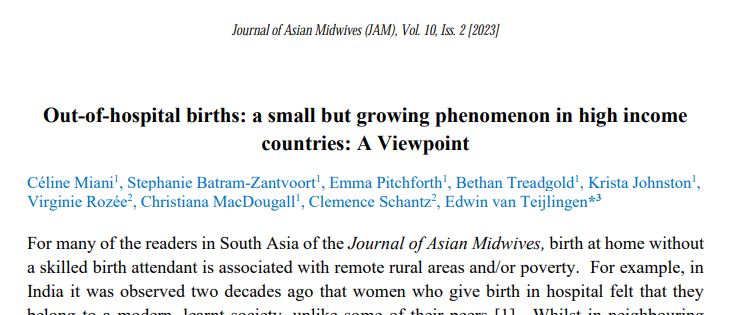 The paper in the Journal of Asian Midwives highlights that during the COVID-19 pandemic, OOHBs were a way to avoid Public Health regulations and lock-down constraints, and to guarantee the presence of a partner at the birth. The authors argue, however, that the pandemic is not at the origin of the trend, but more of a catalyst. Advocacy groups, maternity-service users’ groups, the media, and midwifery organisations in several high-income countries have in recent years underlined the growing criticism of existing maternity care and midwifery services and a long-term shortage of midwives. This is in addition to a longstanding trend in the United Kingdom of closing community-based hospitals, including small, free-standing midwife-led units.
The paper in the Journal of Asian Midwives highlights that during the COVID-19 pandemic, OOHBs were a way to avoid Public Health regulations and lock-down constraints, and to guarantee the presence of a partner at the birth. The authors argue, however, that the pandemic is not at the origin of the trend, but more of a catalyst. Advocacy groups, maternity-service users’ groups, the media, and midwifery organisations in several high-income countries have in recent years underlined the growing criticism of existing maternity care and midwifery services and a long-term shortage of midwives. This is in addition to a longstanding trend in the United Kingdom of closing community-based hospitals, including small, free-standing midwife-led units.
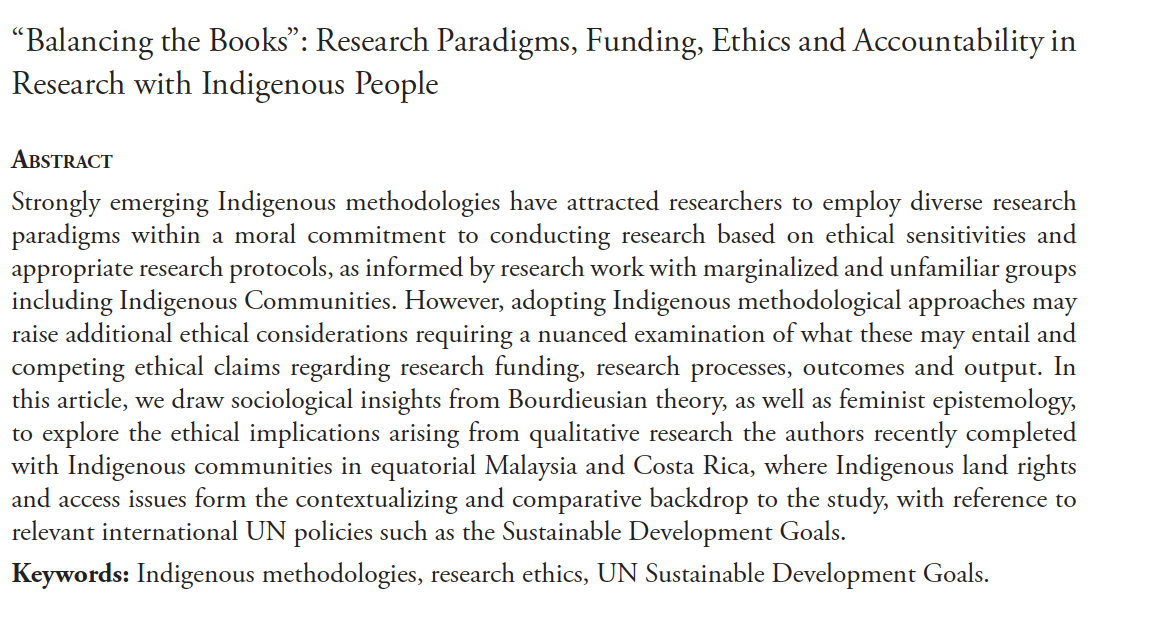
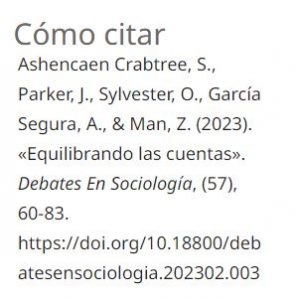
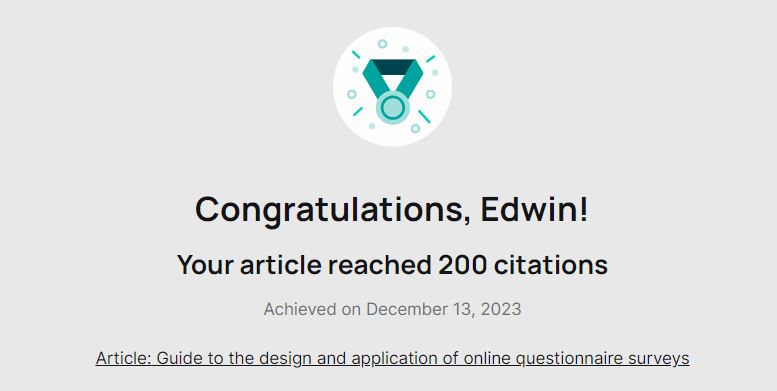
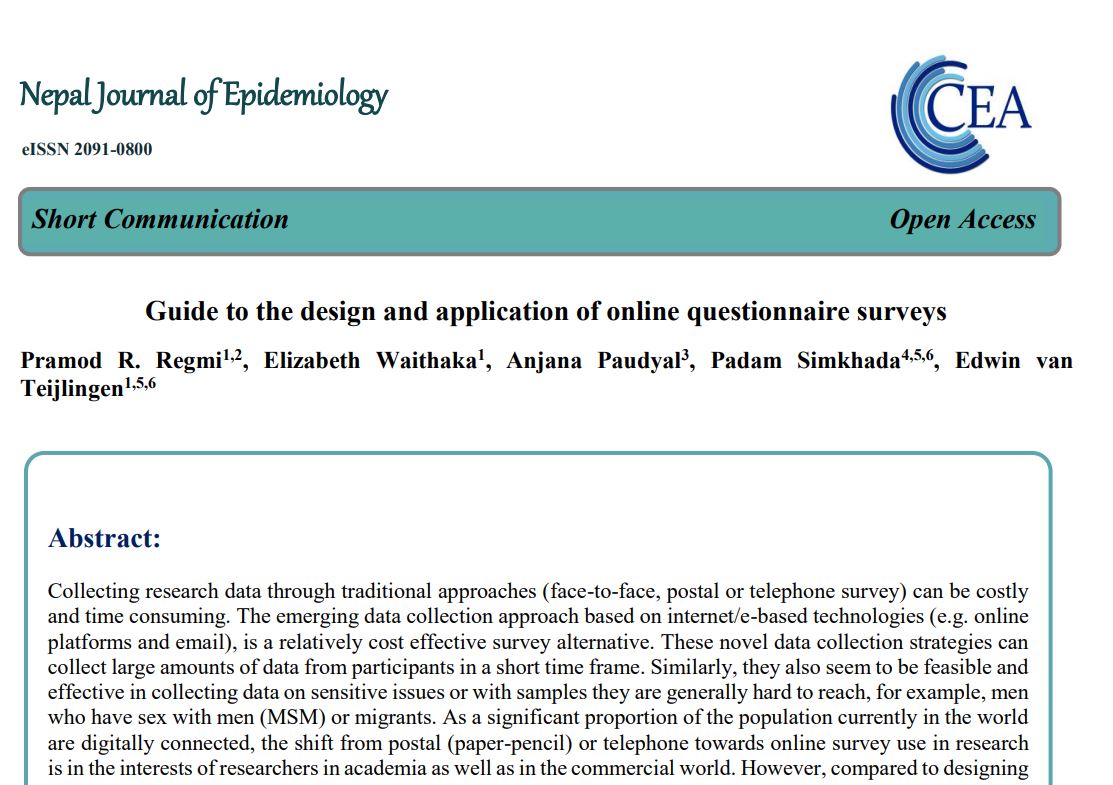


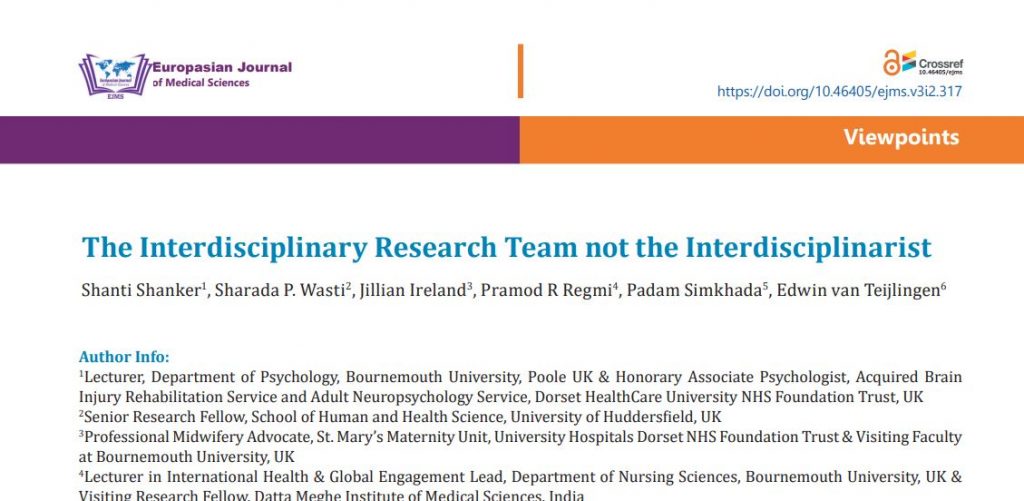
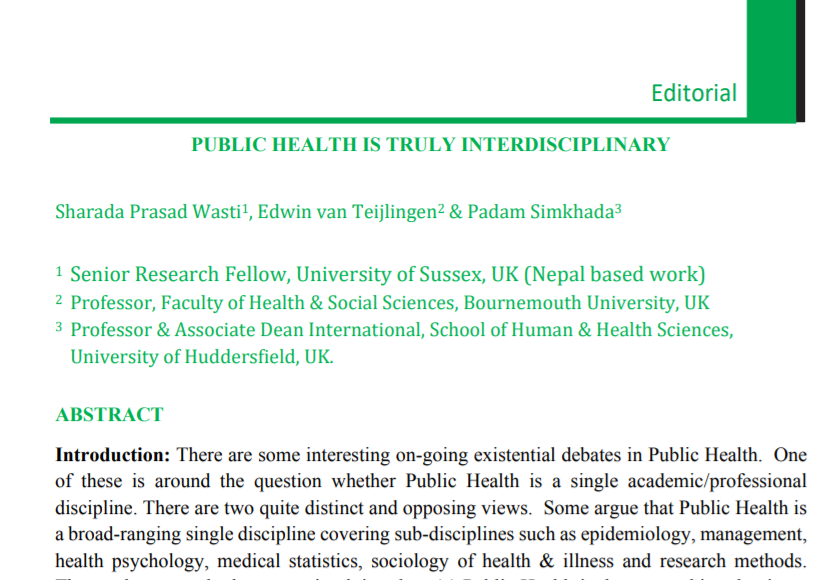
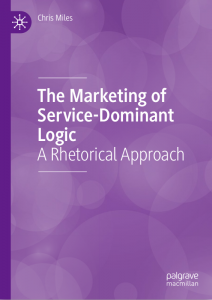
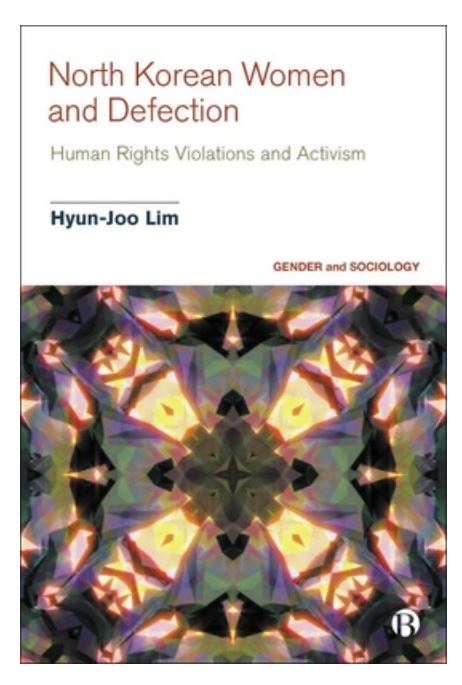
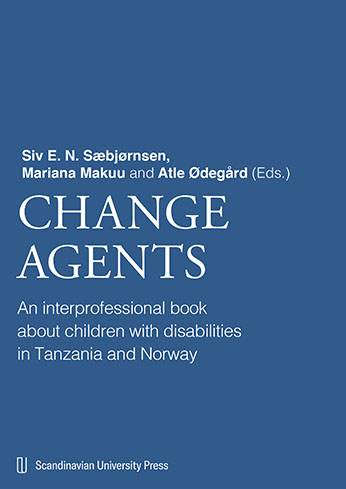


 BRIAN (Bournemouth Research Information And Networking) is BU’s publication management system.
BRIAN (Bournemouth Research Information And Networking) is BU’s publication management system.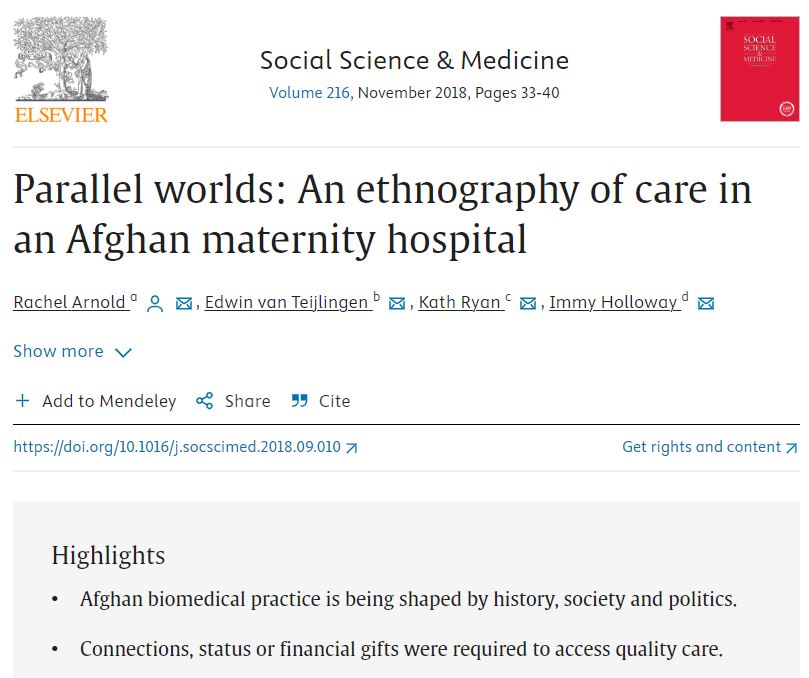
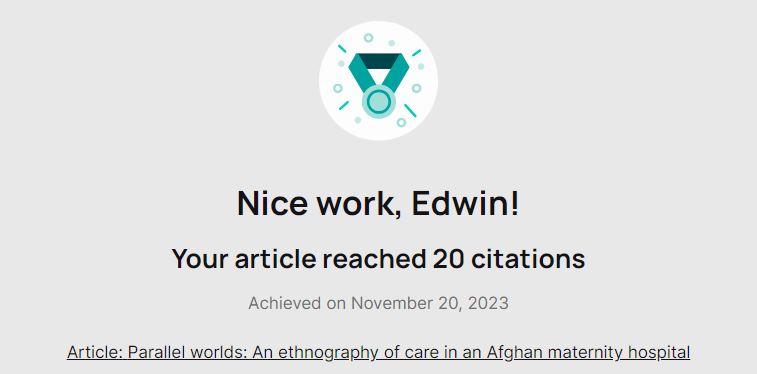

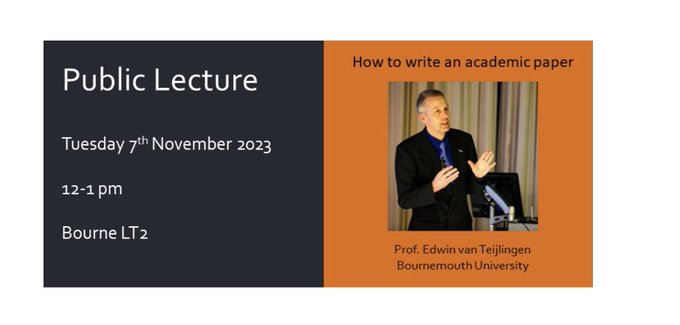 Professor Edwin van Teijlingen in the Centre for Midwifery & Women’s Health (CMWH) has been invited to speak at Royal Holloway, University of London, about writing an academic paper. His public lecture will be coming Tuesday lunch time in the appropriately named ‘Bourne Lecture Theatre’ at Royal Holloway. Prof. van Teijlingen, together with several Bournemouth University (BU) colleagues, has published a text book [1], several book chapters [2-18] and a large number of papers [19-38] about a wide-range of aspects of academic writing and publishing. One of former BU academics, who co-authored a book chapter [10], and two papers [21, 25], is Dr. Preeti Mahato. She is Lecturer in Global Health at Royal Holloway as well as Visiting Faculty in BU’s Faculty of Health & Social Sciences.
Professor Edwin van Teijlingen in the Centre for Midwifery & Women’s Health (CMWH) has been invited to speak at Royal Holloway, University of London, about writing an academic paper. His public lecture will be coming Tuesday lunch time in the appropriately named ‘Bourne Lecture Theatre’ at Royal Holloway. Prof. van Teijlingen, together with several Bournemouth University (BU) colleagues, has published a text book [1], several book chapters [2-18] and a large number of papers [19-38] about a wide-range of aspects of academic writing and publishing. One of former BU academics, who co-authored a book chapter [10], and two papers [21, 25], is Dr. Preeti Mahato. She is Lecturer in Global Health at Royal Holloway as well as Visiting Faculty in BU’s Faculty of Health & Social Sciences.
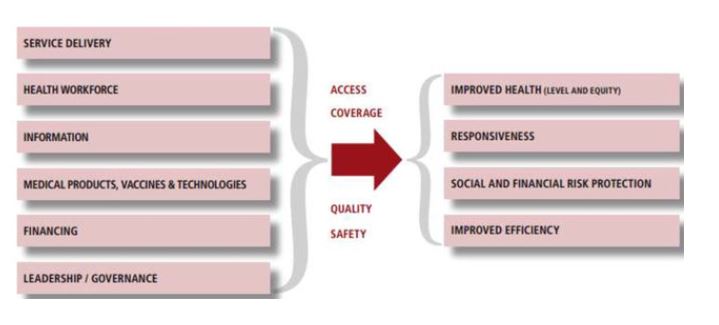
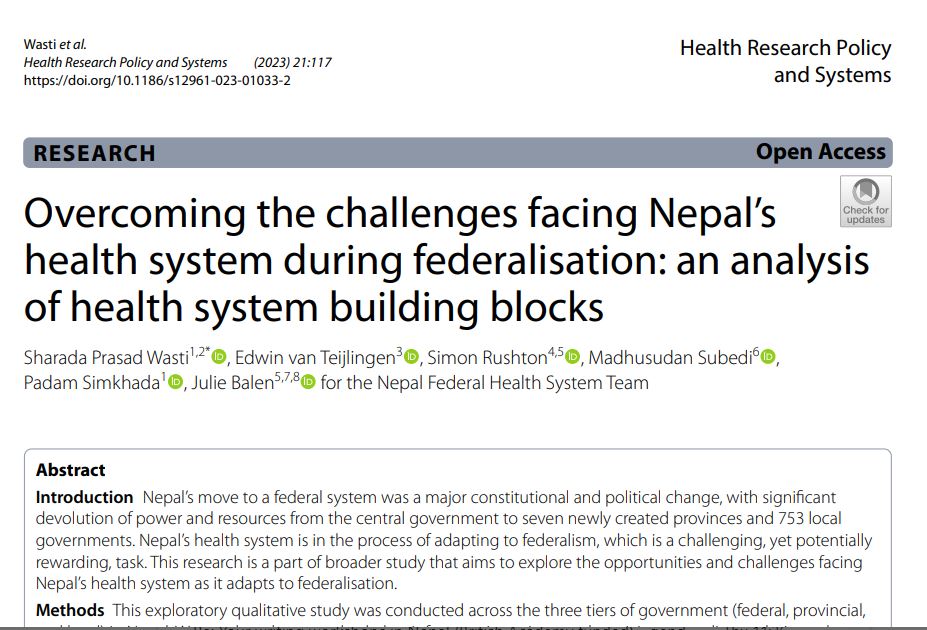
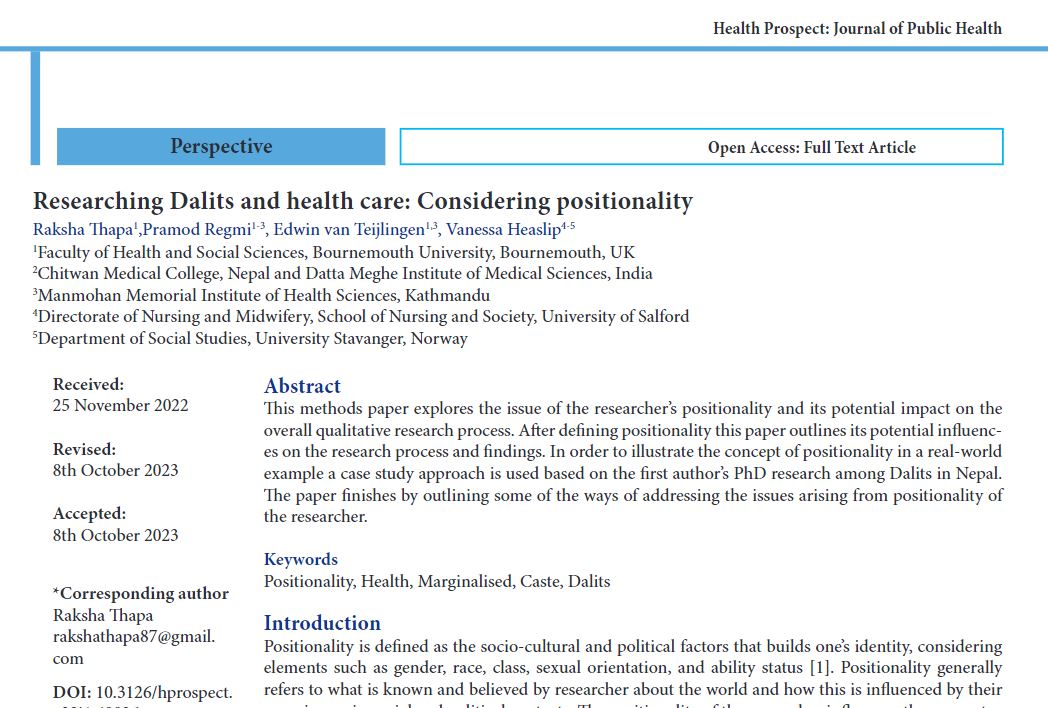

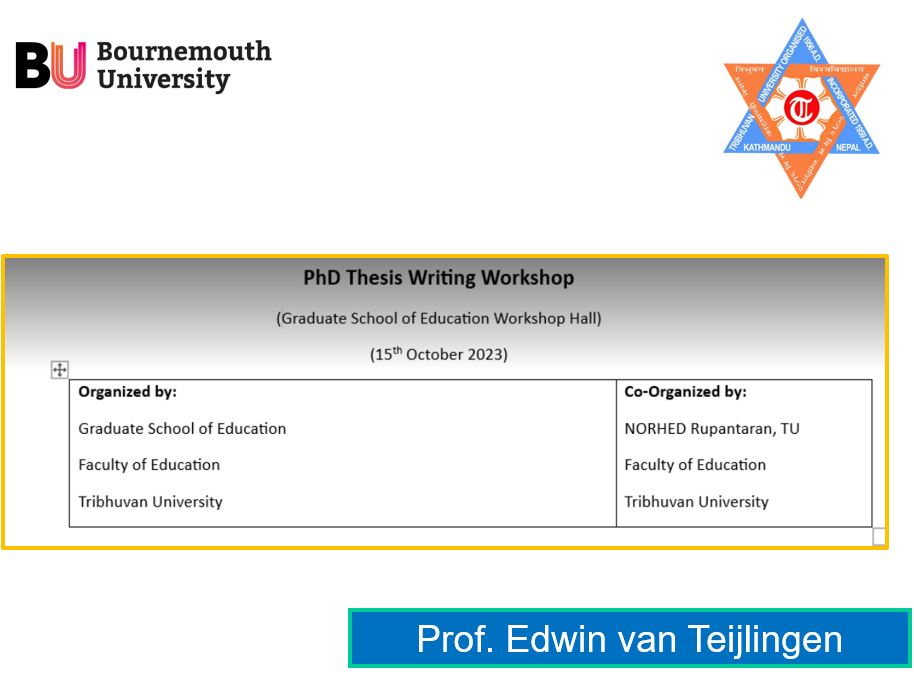

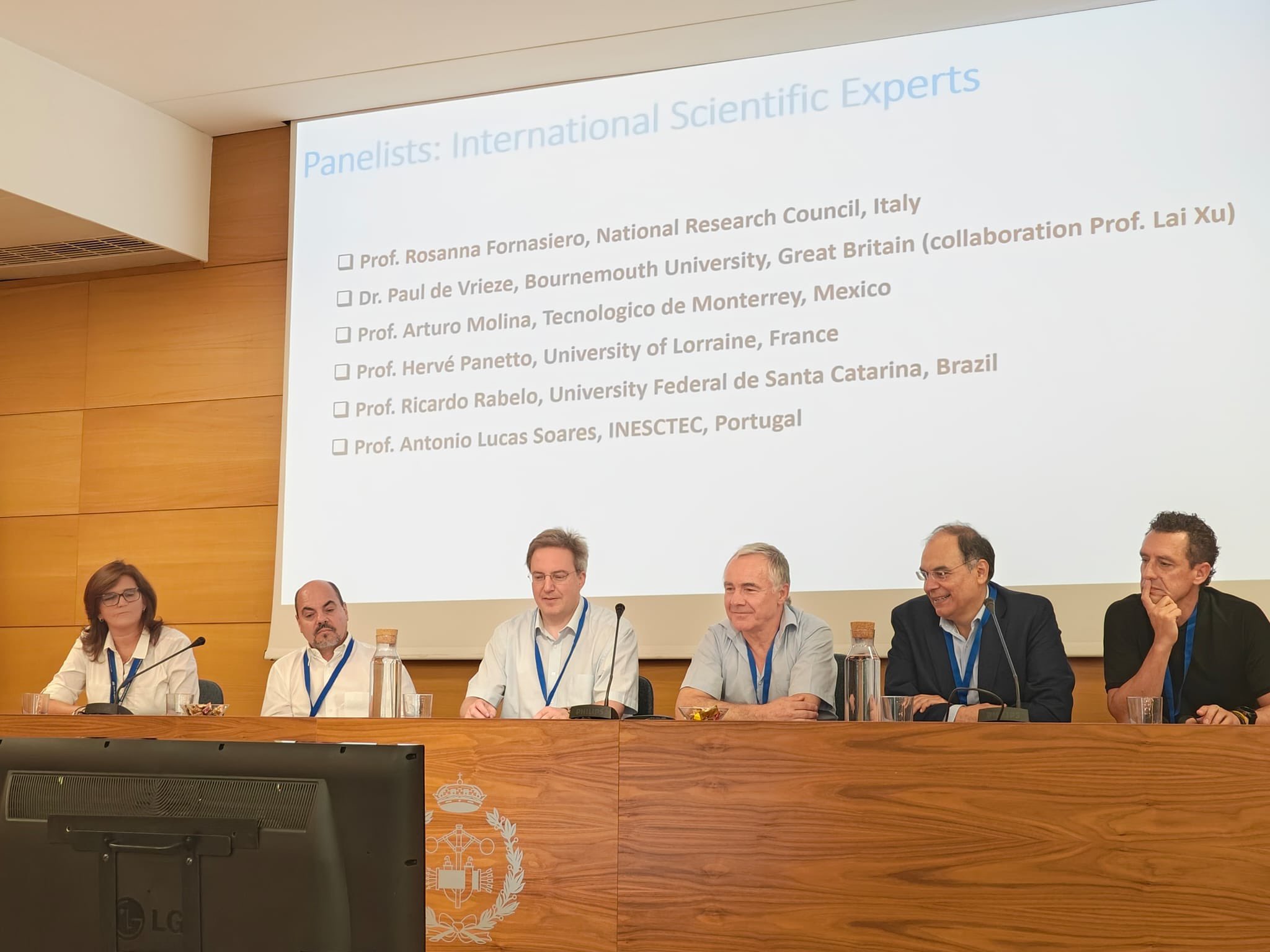











 Upcoming opportunities for PGRs – collaborate externally
Upcoming opportunities for PGRs – collaborate externally BU involved in new MRF dissemination grant
BU involved in new MRF dissemination grant New COVID-19 publication
New COVID-19 publication MSCA Postdoctoral Fellowships 2024
MSCA Postdoctoral Fellowships 2024 Horizon Europe News – December 2023
Horizon Europe News – December 2023